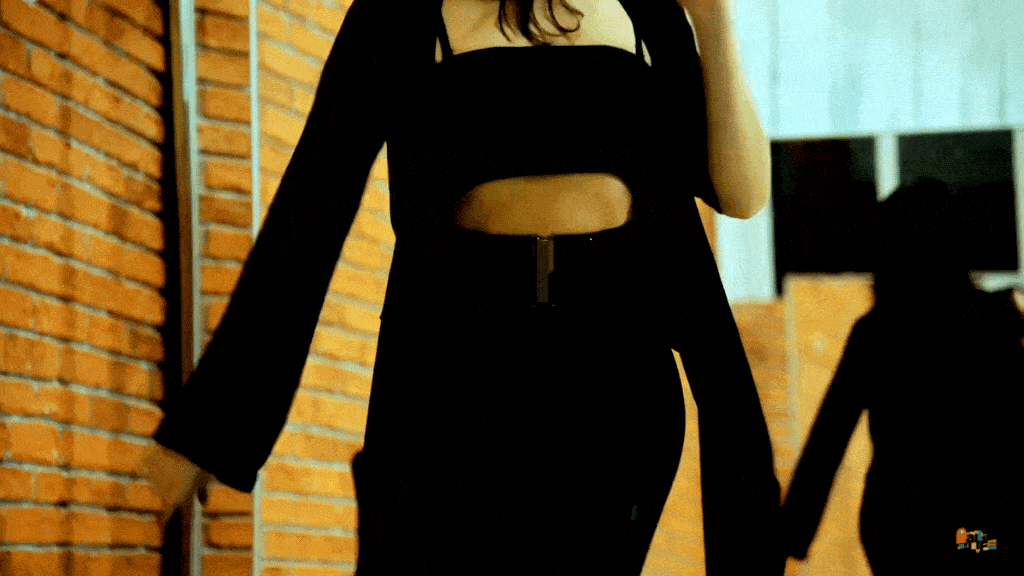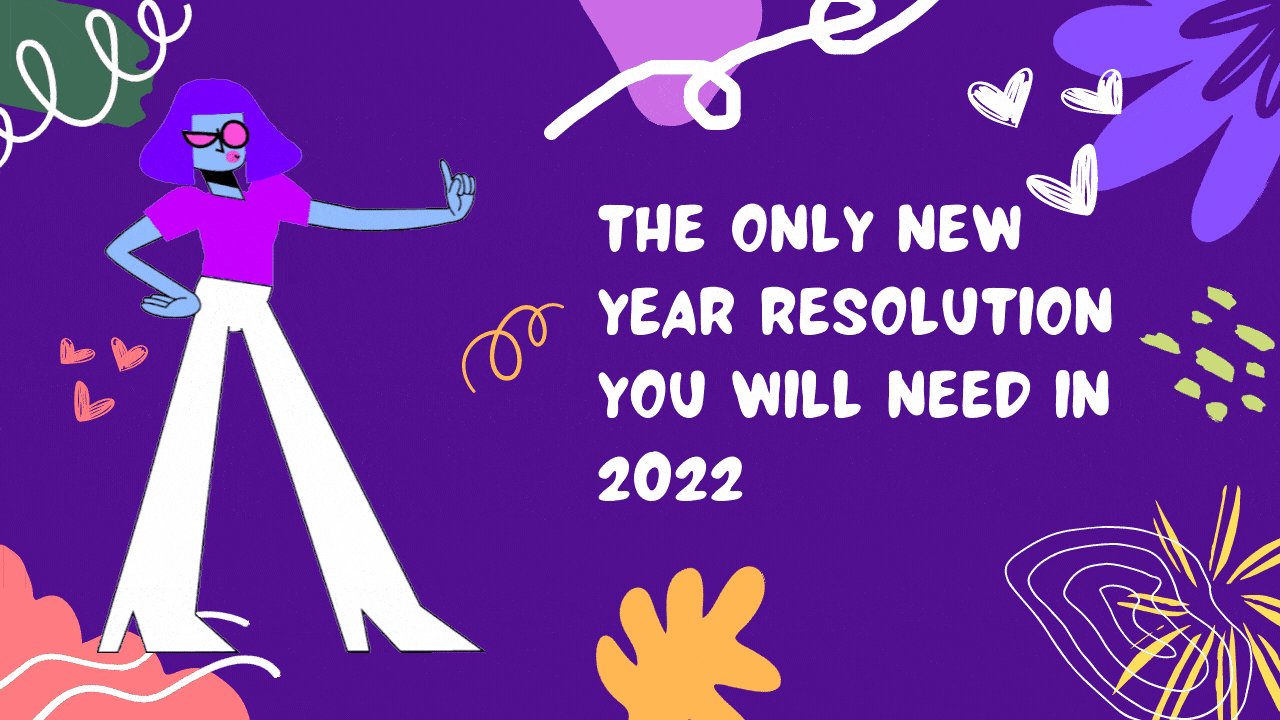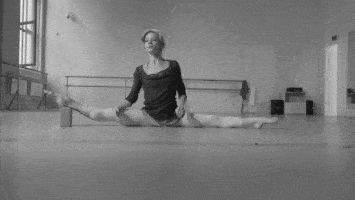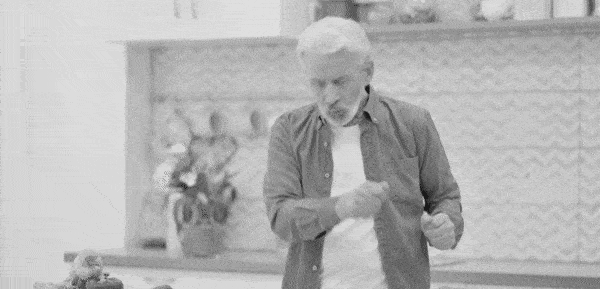In this post, we will look at the relationship between dance and cognition and how this art form can improve your life exponentially.
We all want to be the best version of ourselves, which often means feeling physically and mentally in our healthiest state. Everyone has their own tactics that they integrate for an elevated sense of wellness. Still, you likely can’t help to think sometimes that maybe there is a fresh and exhilarating way to receive a feeling of total wellbeing out there.
If you’ve never explored the world of dancing within your life, you may be astounded by the beneficial connections it can have to age, happiness, mental state, and mobility.
Studies show dancing as the most effective form of physical exercise to reverse the physical and mental signs associated with aging.
Table of Contents
Dance Benefits on the Mind
When we take a closer look at the specific benefits between dancing and the mind, the outcomes are practically mind-blowing. Most people immediately think of the nearly endless physical benefits, such as increased mobility, stamina, and strength. Here are some of the direct dance benefits that occur within the mind when this activity is regularly incorporated into one’s life:

Dance Improves Memory
If you have ever watched professional dancers execute an intricate routine, you were likely impressed and wondered how they ever memorized all of those steps. It certainly takes practice, but once you begin learning dance routines, you will be surprised with your ability to remember the sequences and how it starts to become easier over time. The terrific thing is that you will begin to notice improvements in your capacity to remember in general, and not just when it comes to choreographed dances.

Dance can reduce Symptoms of Mental Illness
In general, getting your body moving helps release endorphins, which are the feel-good chemicals in your brain that help you receive that “runner’s high.” Dancing helps us achieve this same feeling. Studies done by Swedish scientists showed a correlation between a decrease in mental illnesses like depression and anxiety when dance classes were regularly taken. Dancing can also help with improving your sense of self and overall confidence, and these aspects are often correlated with mental illness and the degree of their severity.

Dance Diminishes Brain Decline
Diseases like Alzheimer’s, dementia, and Parkinson’s are incredibly heartbreaking illnesses that develop with age, and most of the time, they are associated with genetics. However, clear evidence points to a significant improvement with these illnesses, especially when they are still mild-to-moderate in their severity.
Dancing exercises the mind just as much – if not more – than the physical body. The mental focus required for dancing acts as a direct workout for the brain.
Practicing dance before any age-related brain decline can work as a preventative measure against degenerative brain diseases.
It’s wonderful that there is so much evidence to back the nearly miraculous effects of dancing on the mind and body. Of course, it might be intimidating at first if you have never taken a dance class or learned choreography. Still, the extraordinary thing about this time we live in is how accessible some programs are.
If you’re searching for a phenomenal way to reduce the effects of aging while working on your cognition improvement, take the first step and sign up for any dance class that sparks your interest.
If you want to know which style works best for your goals or personality make sure you check Ballet, Contemporary, or Ballroom dancing, which dance style suits you better?
Also, check my Tips and Routines, where I teach you some basic steps and sequences that will help you build your confidence before stepping out into the beautiful world of dance.






